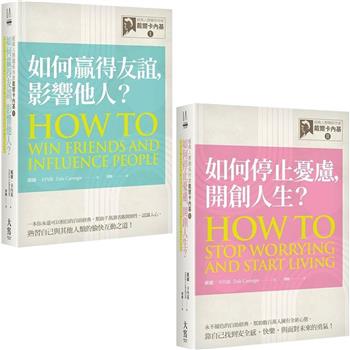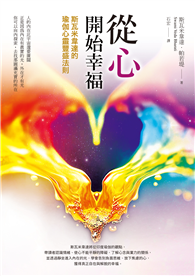At the turn-of-the-twentieth-century, as doctors in Los Angeles helped boosters promote an Anglo-only city of health, and doctors nationwide professionalized, complex cultural changes were happening in maternity care. Issues of race, class, gender, urbanization, eugenics, infant mortality, and the role of modern doctors influenced and complicated the developing maternity culture. Surprisingly, however, a strong counter narrative among physicians challenged accusations against women, while questioning procedures that doctors who valued surgical skills increasingly implemented into maternity care. This book focuses its analysis on "The Southern California Practitioner," a medical journal founded by influential Angelenos, that published the papers and discussions from local medical meetings alongside jokes, editorials, and articles, from 1886-1922. In its pages, an astounding number of doctors, including many women, contested predictable topics: eradicating midwives, promoting medicalized care, and supporting alternatives to mothers' milk. Gradually, this maternity culture developed within the region's colleges, hospitals, settlements, and public health services.
| FindBook |
有 1 項符合
Myths of Modern Maternity: Negotiating Meaning in the Development of Obstetric Culture in Turn-of-the-Twentieth-Century Los Angeles的圖書 |
 |
Myths of Modern Maternity: Negotiating Meaning in the Development of Obstetric Culture in Turn-of-the-Twentieth-Century Los Angeles 作者:Mahoney 出版社:Createspace Independent Publishing Platform 出版日期:2013-08-17 語言:英文 規格:平裝 / 304頁 / 27.99 x 21.59 x 1.63 cm / 普通級/ 初版 |
| 圖書館借閱 |
| 國家圖書館 | 全國圖書書目資訊網 | 國立公共資訊圖書館 | 電子書服務平台 | MetaCat 跨館整合查詢 |
| 臺北市立圖書館 | 新北市立圖書館 | 基隆市公共圖書館 | 桃園市立圖書館 | 新竹縣公共圖書館 |
| 苗栗縣立圖書館 | 臺中市立圖書館 | 彰化縣公共圖書館 | 南投縣文化局 | 雲林縣公共圖書館 |
| 嘉義縣圖書館 | 臺南市立圖書館 | 高雄市立圖書館 | 屏東縣公共圖書館 | 宜蘭縣公共圖書館 |
| 花蓮縣文化局 | 臺東縣文化處 |
|
|
圖書介紹 - 資料來源:博客來 評分:
圖書名稱:Myths of Modern Maternity: Negotiating Meaning in the Development of Obstetric Culture in Turn-of-the-Twentieth-Century Los Angeles
作者簡介
Jaclyn Ann Mahoney completed her Master’s degree in American Studies at California State University Fullerton and earned a Certificate in Nonprofit Management at the University of Oregon. She is a co-founder of the nonprofit Daisy C.H.A.I.N. Creating Healthy Alliances In New-Mothering and a proud mother to her amazing and beautiful daughters. She is donating 50% of all proceeds from sales of this book to Daisy C.H.A.I.N.
|











